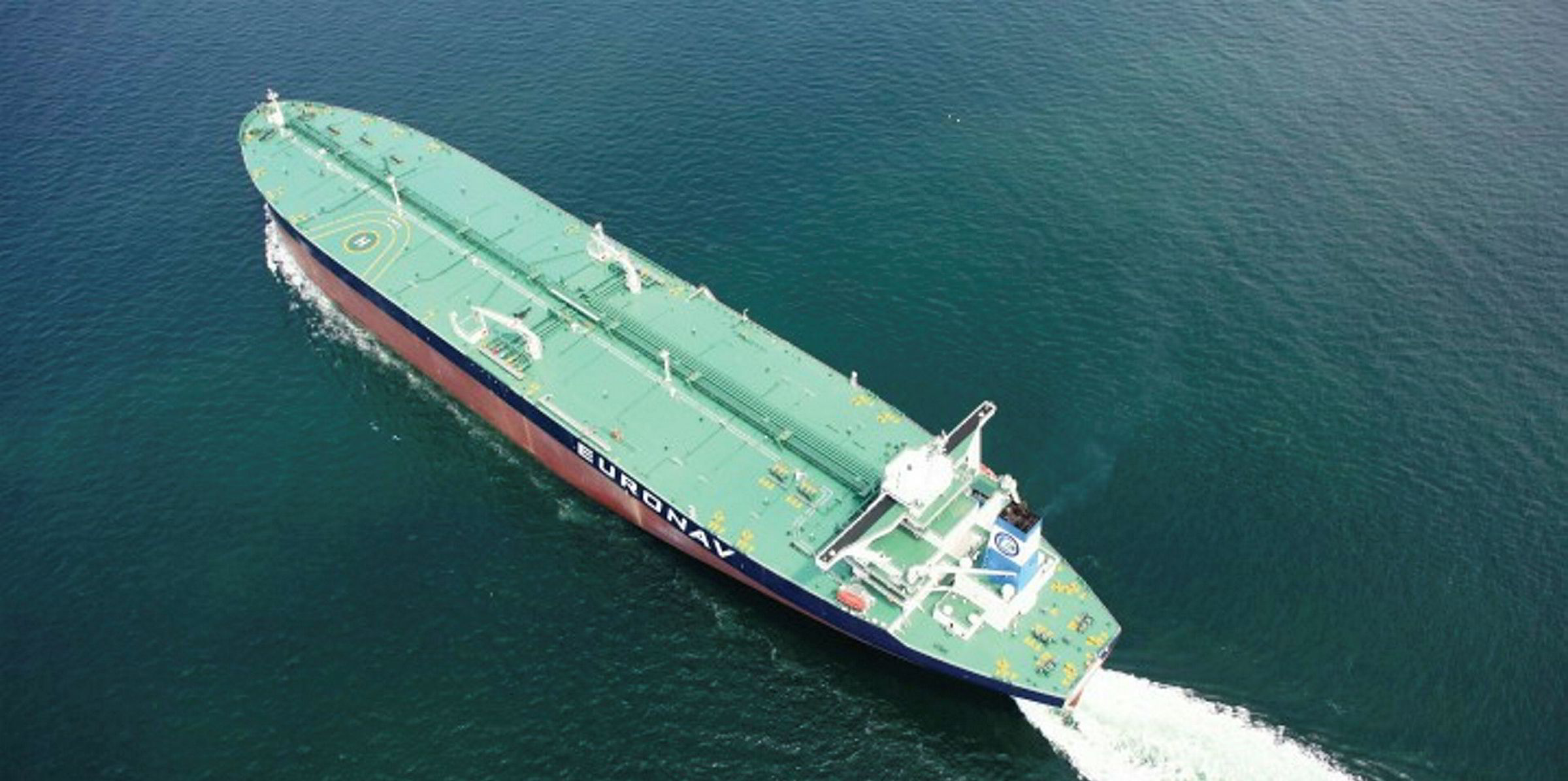Tankers International, the world’s largest VLCC pool, is putting the finishing touches to a fresh set of rules to accommodate a polarised approach from key members to the new IMO 2020 emissions rules.
Euronav, the largest contributor to the pool, has until now opted against fitting scrubbers on any of its VLCCs.
International Seaways, with which Euronav also has a floating storage and offloading joint venture, has done the opposite and is investing heavily in the exhaust gas cleaning system.
Hugo de Stoop, chief executive of Euronav, said during the company’s second-quarter earnings call that the pool rules were being redrafted.
De Stoop offered a snapshot of how the pool will work post 1 January 2020, explaining it would have two separate sets of accounts; one for scrubber-fitted ships and one for those without.
“That's the simplest way to be fair to both parties, because it is almost impossible to predict the pricing of each fuel, therefore it is impossible to assign pool points to each different type of vessel,” he said.
He added: “As far as marketability of the vessels are concerned, that will still be done by the pool as a uniform, one desk that will assign each ship on each trade.”

Ridgebury Tankers, which is fitting scrubbers to some of its ships, and Oak Maritime, are the other Tankers International members.
Scrubber uptake has been higher in the VLCC market than in any other area of shipping.
Euronav's position is in contrast to many of its stock-listed peers, which have largely opted for scrubbers. Some have also gone a stage further and invested in scrubber companies.
However, Euronav's position is in line with many VLCC owners globally.
Data from Clarksons suggests 23% of the VLCC fleet will have scrubbers fitted by the end of 2019.
That will rise to more than one-third of the fleet by the close of 2020, the world's largest shipbroker said.
Sources noted that the pool, which accounts for around one-tenth of the present VLCC fleet, is no stranger to accommodating different types of tonnage.
For a number of years, it has divided for ships either side of their 15th birthday.
Tankers International's latest fleet list showed it had 62 vessels at the end of July. Eight of those ships are over the age of 15.







